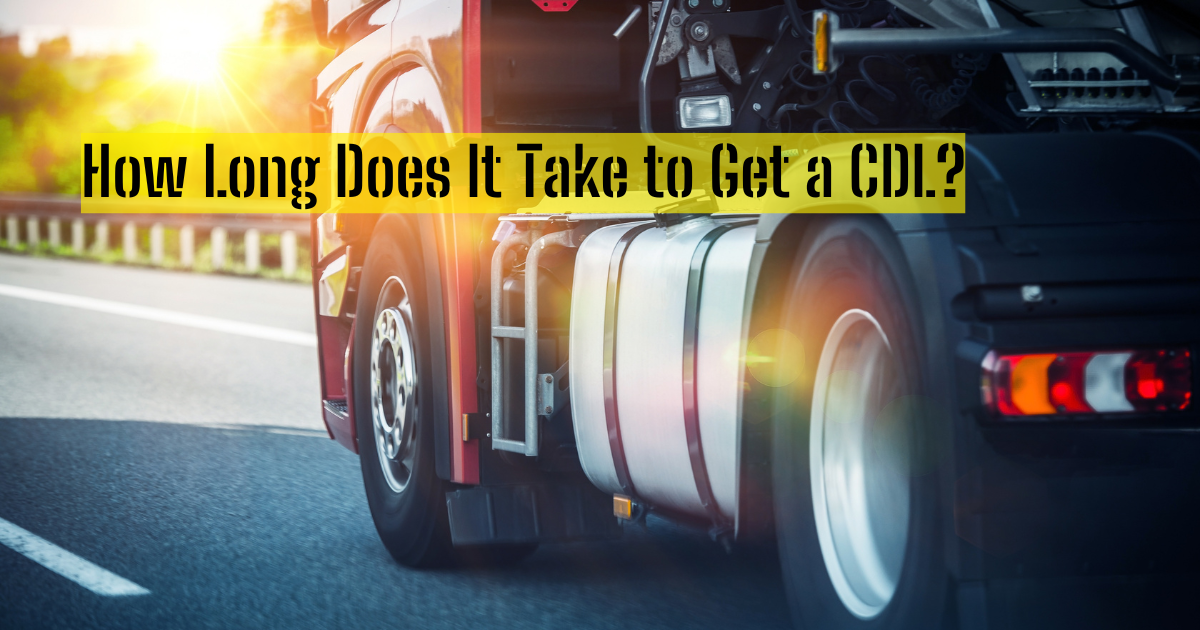There have been a lot of developments happening in the logistics industry in these past decades and this is because of better internet connectivity and the rise of e-commerce. Customers also want a better experience and there’s evidence that the businesses that can utilize this can stay ahead of the competition.
So, regardless of the type of products or services you’re providing, whether it’s delivery of medicines, food, flowers, money, bags, or other types of parcels, know that the entire industry’s goal is to make sure that each of the items is delivered smoothly and conveniently without a lot of complications.
With this said it’s not surprising that real-time tracking can help people know what’s going on. They can be alerted when there are issues on the road and optimizing route planning is also part of this feature. Overall, there’s an improvement where courier services can be faster, more efficient, and more reliable, below are some of the advantages that they offer:
Enhanced Tracking and Transparency
One of the most significant advancements in courier services is the ability to track shipments in real-time. GPS technology allows both couriers and customers to monitor the exact location of a package at any given moment. This transparency and the benefits that you can learn more in the link provided have greatly improved customer satisfaction by providing accurate delivery times and reducing the uncertainty and anxiety associated with waiting for a package.
Automated notification systems keep customers informed at every stage of the delivery process. From dispatch to final delivery, customers receive updates via SMS, email, or app notifications. This constant communication ensures that customers are always aware of their package’s status, which enhances trust and reliability.
Optimization of Delivery Routes
Delivery riders and drivers are now able to see where they are going, and they can plan how they can dispose of the packages more efficiently. They are also informed about the weather conditions, parking priorities, and traffic patterns available so they can be more efficient with their routes. They can speed up the time of the delivery of parcels while reducing their gas consumption and this is beneficial for all parties involved. See more about parcels in this link: https://www.vocabulary.com/dictionary/parcel.
There’s also dynamic routing technology that allows for real-time adjustments to delivery routes based on current conditions. If a traffic jam or road closure occurs, the system can instantly reroute the courier to avoid delays, and this flexibility ensures timely deliveries and enhances overall efficiency.
Automation in sorting centers has drastically increased the speed and accuracy of processing packages, where systems use conveyors, scanners, and robotic arms to sort packages based on size, destination, and priority. This reduces human error and allows for quicker turnaround times, especially during peak seasons like Christmas or other holidays.
The use of delivery drones and robots is becoming increasingly popular in the courier industry. Drones can deliver packages to remote or hard-to-reach areas, while ground robots can navigate urban environments for last-mile deliveries. These technologies reduce reliance on traditional delivery vehicles, lower labor costs, and expedite the delivery process.
Improved Inventory Management
Taking stock of what’s available and making a list of those that are not and updating your ecommerce store is a tedious process. Fortunately, there are instant updates with regards to this and they can significantly lessen the risk of many people from overstocking and getting out-of-stock messages.
Integration with e-commerce platforms streamlines the order fulfillment process. When a customer places an order, the system automatically updates inventory levels and generates shipping labels. This seamless integration ensures that orders are processed quickly and accurately, enhancing the overall customer experience.
Mobile apps have become an essential tool for courier services, providing customers with a convenient way to manage their deliveries. Through these apps, customers can schedule pickups, track shipments, and communicate with couriers. The ease of use and accessibility of mobile apps have significantly improved the customer experience.
Technology has enabled courier companies to offer customized delivery options to meet the diverse needs of their customers. Options such as same-day delivery, scheduled delivery windows, and contactless delivery provide greater flexibility and convenience. This personalization helps couriers cater to a broader range of customer preferences and requirements.
Data Analytics and Predictive Insights
Data analytics and predictive insights play an important role in optimizing courier services. By analyzing historical data and market trends, courier companies can forecast demand and adjust their operations accordingly. This helps in better resource allocation, inventory management, and workforce planning.
Advanced data analytics tools allow courier companies to monitor key performance metrics such as delivery times, customer satisfaction, and operational efficiency. These insights enable continuous improvement and help identify areas where service can be enhanced. By leveraging data, couriers can make informed decisions that drive better outcomes for both the business and its customers.
Technology has opened up the transition to paperless operations in the courier industry. Electronic invoicing, digital signatures, and online receipts reduce the need for paper, thereby minimizing waste. This shift not only supports environmental sustainability but also streamlines administrative processes.









